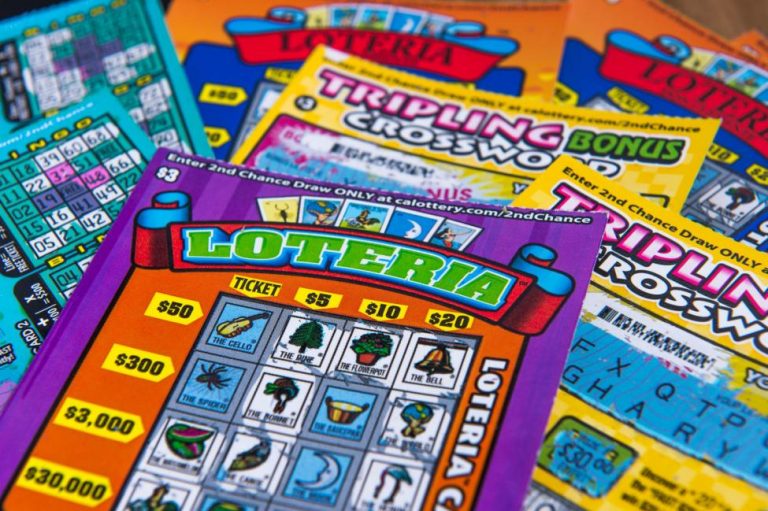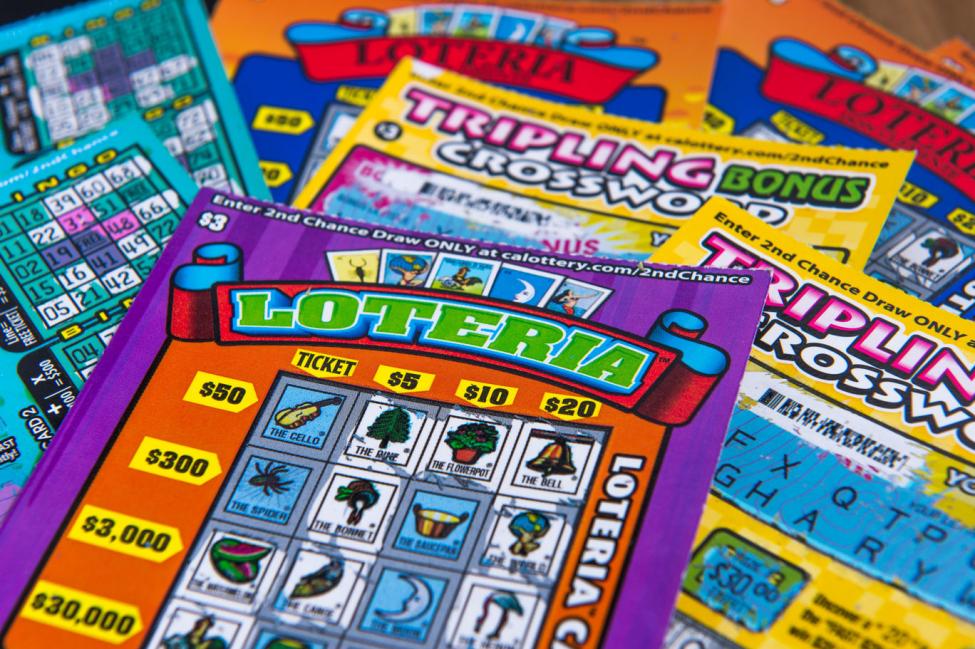

Millennials are banking on winning the lottery to fund their retirement, according to a new survey by investing app Stash. Sixty percent of millennials think winning the lottery is a reasonable retirement plan, and 18% of all those surveyed are basing their retirement plans on hope of hitting the jackpot someday.
The chances of winning the Powerball lottery are 1 in 292 million. Want to try Megamillions? Odds are 1 in 302.6 million. While it seems like an impossibility, many millennials view retirement savings as similarly far-fetched. According to the Stash report, 76% of millennials are living paycheck to paycheck, and 29% of millennial women have debt and are unable to save. Thirty-one percent of millennial women have no retirement plan at all.
Americans in general are not saving enough for retirement: The average person has just $85,000 saved for retirement, and one third of people have less than $5,000 saved, according to a survey by Northwestern Mutual. That’s far less than the $1 million experts recommend you save, combined with your retirement accounts like a 401(k), Roth or Traditional IRAs or pensions.
Though all of these options involve investing, the Stash survey found one-third of Americans think investing is “too risky.” But Erin Lowry, author of Broke Millennial Takes on Investing, says it doesn’t have to be. She says the key to retirement savings is to start early, and start small.
“I would recommend starting small — [saving] 1%,” she says. “Then every six months, try to increase it by another [percentage point] until you reach your goal. It’s a slow way to reach your goal while not putting so much pain on your month to month budget”
Starting in your 20s and 30s allows time for the money to benefit from compound interest, something Lowry says is crucial to having enough saved for when you’re ready to retire.
“The worst case scenario to me is if you get into your fifties and you’ve done nothing to prepare for retirement, because that means probably three decades have gone by where you didn’t take advantage of compound interest,” Lowry says.